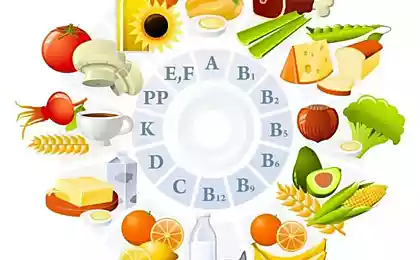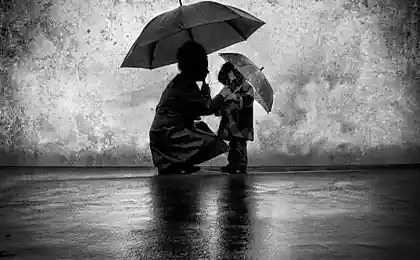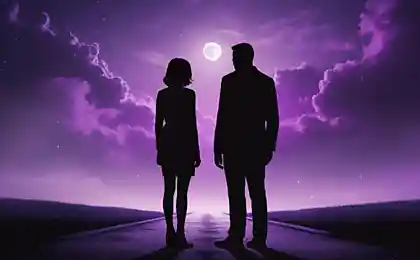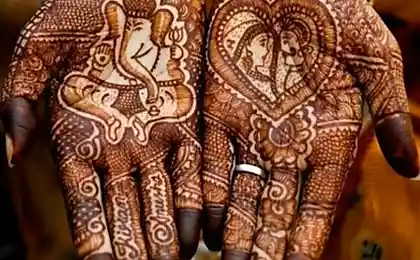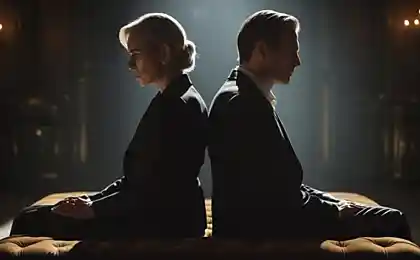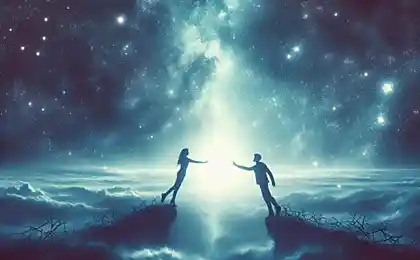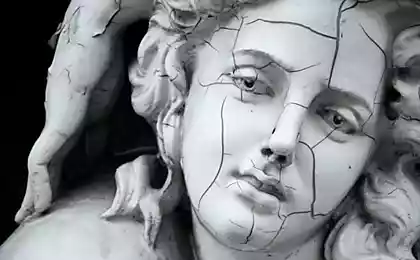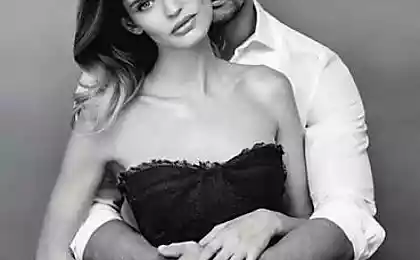198
Emotional Experiences: How We Choose Partners
partner selection rules

Why do some relationships energize and others drain? How does the brain recognize its own people in a crowd of strangers? Science is increasingly turning to the paradox that our rational mind often loses the choice of partner to deep emotional patterns formed long before the first date.
Neurobiology of First Impressions
Research from the University of California (2021) showed that in 7 seconds of dating, the brain has time to activate:
The architecture of emotional resonance
Three levels of compatibility

The Shadow of Childhood: How the Past Shapes Choice
A study in the journal PNAS (2022) found that 68% of participants unconsciously reproduced the emotional climate of the parent family in a partner relationship. Neuropsychologist Jennifer Freud calls this “emotional homeostasis” – the desire to recreate a familiar emotional environment, even if it is toxic.
Breaking the cycle: 4 steps to conscious choice

The Evolution of Attraction: From Instincts to Mindfulness
Anthropologist Helen Fisher identifies three systems in the brain responsible for:
System Function Neurotransmitters AttractionSearch PartnerDopamine, TestosteroneAttachmentConnectionOxytocin, VasopressinLoveLong-term CommunicationSerotonin, Endorphins
Conclusion: Relationship ecology as a skill
Understanding the mechanisms of partner choice is not about devaluing feelings, but about the ecology of emotional life. As family therapist Virginia Satir notes, “We are born in relationships, traumatized in relationships, and healed—also in relationships.” Conscious approach to this process allows you to turn instinctive choice into the art of mutual growth.

Why do some relationships energize and others drain? How does the brain recognize its own people in a crowd of strangers? Science is increasingly turning to the paradox that our rational mind often loses the choice of partner to deep emotional patterns formed long before the first date.
Neurobiology of First Impressions
Research from the University of California (2021) showed that in 7 seconds of dating, the brain has time to activate:
- Mirror neurons (recognition of emotions)
- Insular lobe (physiological synchronization)
- Core accumbens (reward score)
The architecture of emotional resonance
Three levels of compatibility

- Biological: Hormonal balance (oxytocin, serotonin levels)
- Psychological: The Coincidence of Attachment Patterns (Bowlby Theory)
- Social: Congruence of life scenarios (transactional analysis)
The Shadow of Childhood: How the Past Shapes Choice
A study in the journal PNAS (2022) found that 68% of participants unconsciously reproduced the emotional climate of the parent family in a partner relationship. Neuropsychologist Jennifer Freud calls this “emotional homeostasis” – the desire to recreate a familiar emotional environment, even if it is toxic.
Breaking the cycle: 4 steps to conscious choice
- Analysis of emotional triggers
- Working with early experience imprints
- Interception development (awareness of bodily reactions)
- Experiments with new patterns of behavior

The Evolution of Attraction: From Instincts to Mindfulness
Anthropologist Helen Fisher identifies three systems in the brain responsible for:
System Function Neurotransmitters AttractionSearch PartnerDopamine, TestosteroneAttachmentConnectionOxytocin, VasopressinLoveLong-term CommunicationSerotonin, Endorphins
Conclusion: Relationship ecology as a skill
Understanding the mechanisms of partner choice is not about devaluing feelings, but about the ecology of emotional life. As family therapist Virginia Satir notes, “We are born in relationships, traumatized in relationships, and healed—also in relationships.” Conscious approach to this process allows you to turn instinctive choice into the art of mutual growth.
10 tasks for personal transformation: How to Upgrade a “Version of Yourself” in Science
9 Reasons to Choose Slow Dates: How depth replaces intensity
